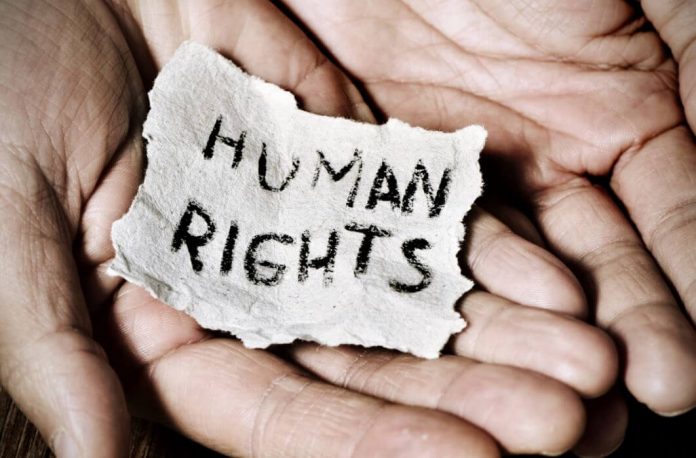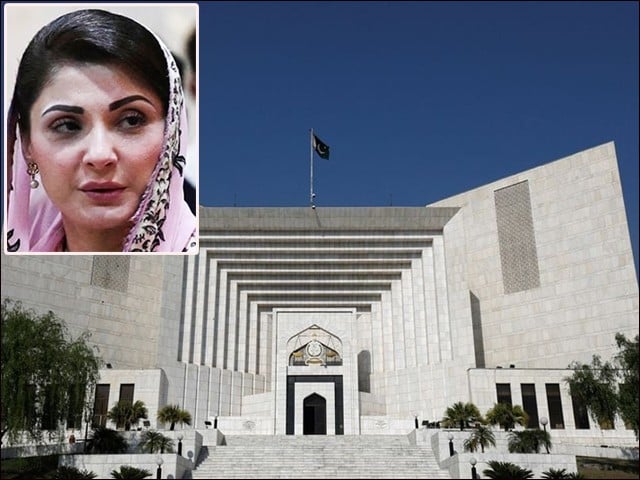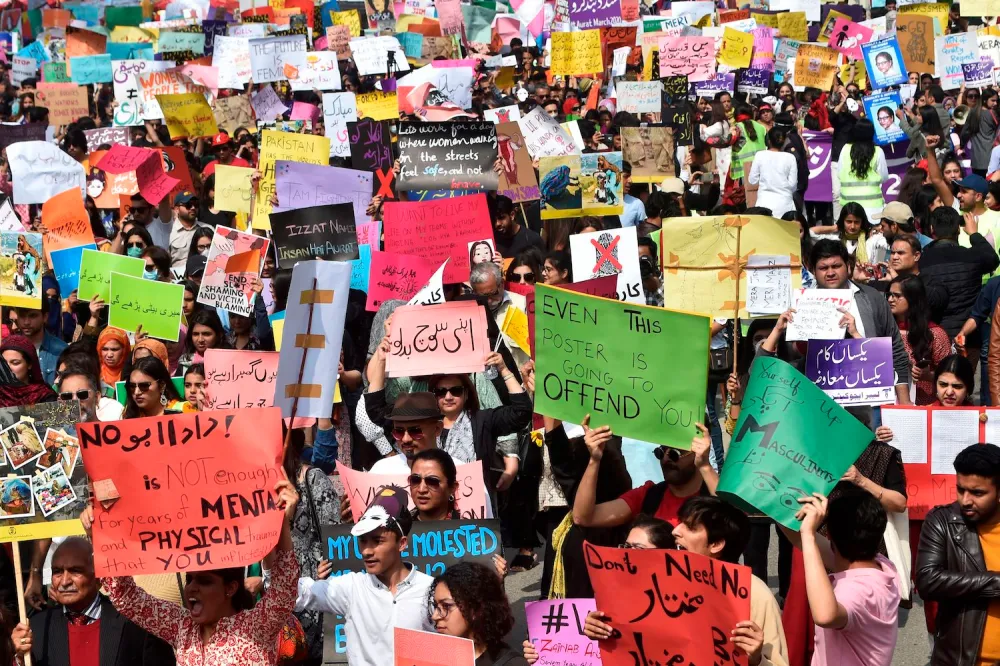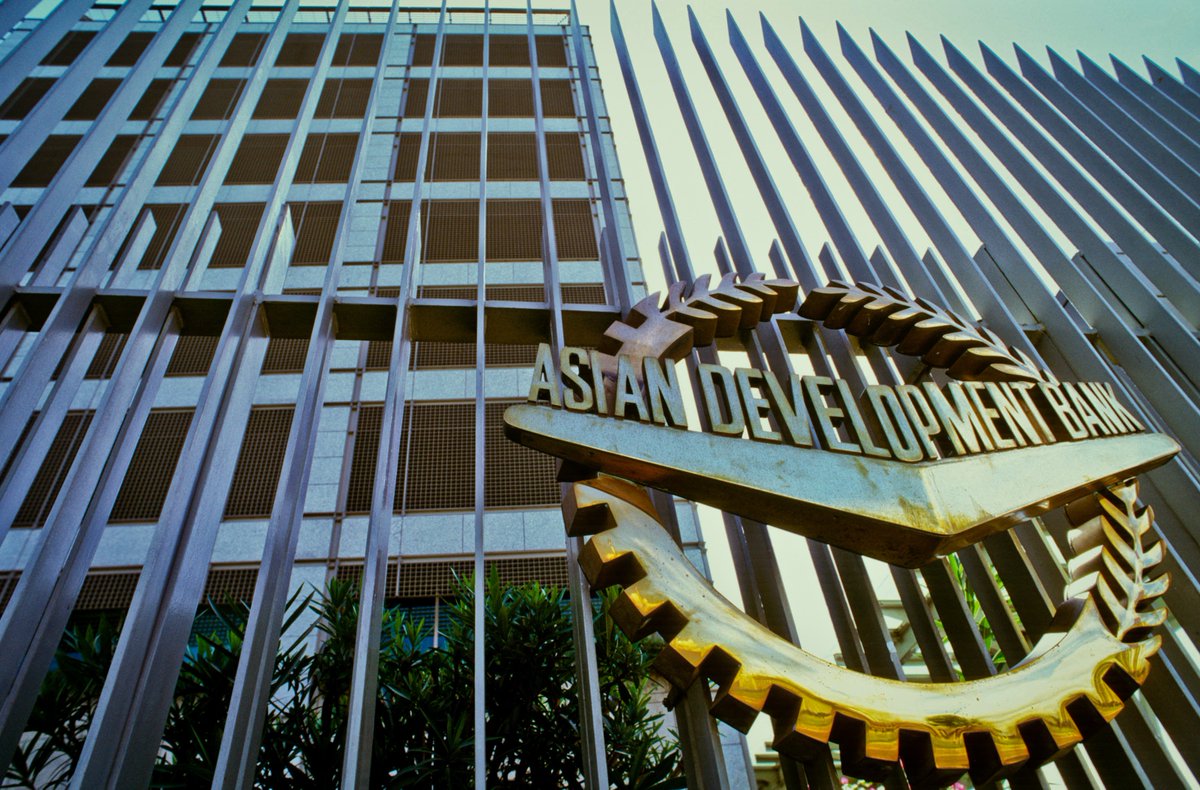Barrister Roman Awan
Human rights implementation is the process of translating international human rights norms and standards into practical measures and actions at the national and local levels. It is a crucial aspect of ensuring that human rights are respected, protected and fulfilled in society. Human rights implementation has both legal and non-legal dimensions, involving a variety of actors, such as states, international organizations, civil society, and individuals.
The significance of human rights implementation in a society can be critically evaluated from different perspectives, such as:
- The moral perspective: Human rights implementation reflects the recognition of the inherent dignity and worth of every human being, regardless of race, gender, religion, nationality, or any other status. It also expresses the commitment to uphold the universal values of justice, equality, and freedom that are enshrined in the Universal Declaration of Human Rights and other international human rights instruments. By implementing human rights, a society demonstrates its respect for the moral principles that underpin the human rights framework.
- The legal perspective: Human rights implementation entails the obligation of states to comply with their international human rights treaties and conventions, as well as their own constitutional and statutory provisions on human rights. It also involves establishing and functioning effective national human rights institutions, such as courts, commissions, ombudspersons, and watchdogs, that can monitor, enforce, and remedy human rights violations. By implementing human rights, a society ensures its adherence to the rule of law and its accountability to the international community.
- The social perspective: Human rights implementation contributes to the development and well-being of society by addressing the root causes and consequences of human rights violations, such as poverty, discrimination, violence, and corruption. It also promotes the participation and empowerment of all people in the decision-making processes that affect their lives, as well as their access to basic services and resources, such as education, health care, water, and food. By implementing human rights, a society fosters its social cohesion and stability.
- The political perspective: Human rights implementation supports establishing and consolidating democratic governance and institutions in society by ensuring that the human rights of all people are respected and protected, especially those of vulnerable and marginalized groups. It also facilitates the dialogue and cooperation between different actors and stakeholders in a society, such as government officials, civil society organizations, media outlets, and academics. By implementing human rights, a society enhances its political legitimacy and credibility.
In conclusion, human rights implementation is a vital process that has significant implications for the moral, legal, social, and political aspects of society. It is not only the duty of states but also the responsibility of all actors in society to ensure that human rights are effectively implemented.
Accordingly, a society must implement human rights. Therefore, Pakistani society should strive for the implementation of human rights. Even there is a dire need to create awareness about human rights in Pakistan. Then, the social actors and political organizations should also strive to implement human rights in Pakistan. The rule of law can ensure the effective implementation of human rights. Therefore, the state and society should prioritize the consensus on the rule of law and subsequent performance of it.

















































